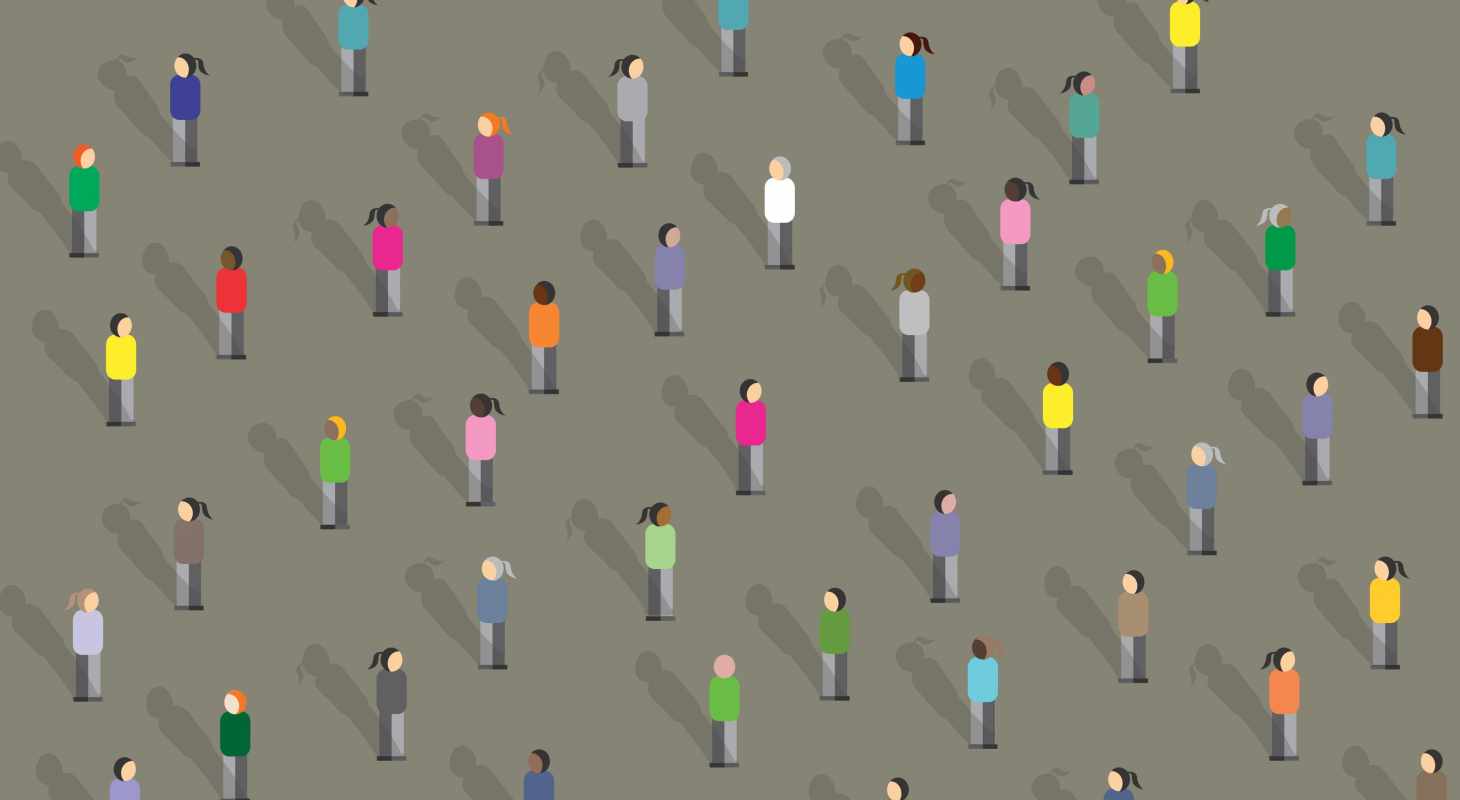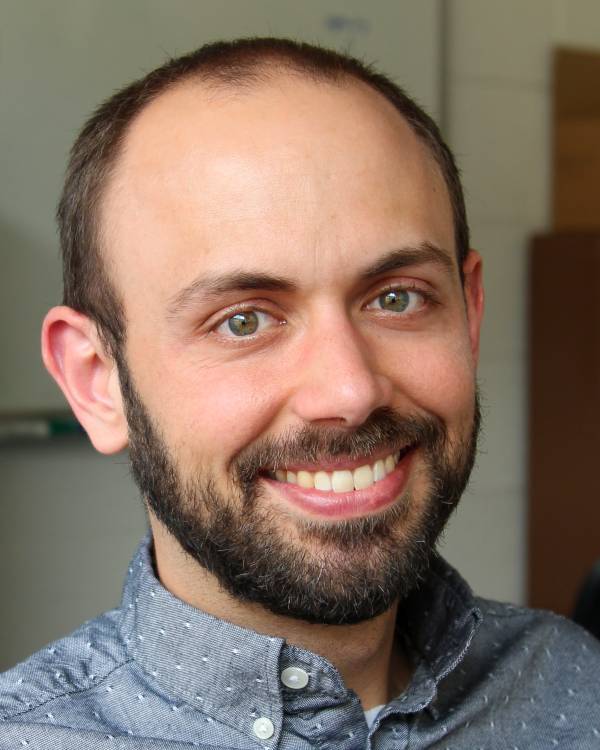
Health Studies Perspectives on COVID-19: Experts shed light on repercussions and recovery

As the novel coronavirus COVID-19 spread across the globe, individuals and governments naturally looked to medical professionals for information about immediate concerns like symptoms and how to prevent infection.
Now, several months into the pandemic, questions about the virus have broadened to include its impact on economies, democracies, mental health, and more.
Professor Michael Widener, Canada Research Chair in Transportation and Health, and incoming Director of the Health Studies program at University College, explains how social science researchers are uniquely positioned to explore these questions in this op-ed, the first in a three-part series entitled "Health Studies Perspectives on COVID-19" by researchers at UC.
We asked Widener to tell us more about how social scientists can help us in the aftermath of COVID-19.
What are the benefits of an interdisciplinary approach like the one taken by Health Studies when it comes to understanding the effects of COVID-19?
It’s true that there are many different fields in the social sciences - but given how complex social systems are, these fields are by nature interdisciplinary, with a strong focus on some particular dimension.
To name only a few, geographers explore spatial relationships, political scientists research theories and processes of politics, sociologists examine human interactions and societal change, and so on. But at the end of the day, these fields are all related, leading to social scientists engaging with work and methods across disciplines.
With COVID-19 impacting so many different aspects of our lives - who we interact with, how we work, where we go - social scientists are the experts who understand how our social systems were set up before the pandemic, and are ready to dig into the massive changes we’re all experiencing using cross-cutting bases of knowledge.
Now that we’re several months into the COVID-19 crisis, the social and economic repercussions of the pandemic are becoming apparent. How can social science researchers help us mitigate these?
In many ways, the social and economic issues that are emerging from the pandemic aren’t really a surprise. We’re seeing many of the same issues that existed before the crisis exacerbated by the sudden hit to the economy, severe restrictions on mobility, and the fear and uncertainty regarding COVID-19 itself. For example, food insecurity affected 1 in 8 households before the pandemic, and with the job losses we’ve seen since March, these figures are only getting worse.
Because of this, social scientists are in a great position to work on their particular area of expertise - whether it’s food insecurity, intimate partner violence, older adults’ mental health, or limited opportunities due to low levels of transit service - in this new context. Mitigation starts with understanding the underlying questions and relevant social mechanisms. And while the pandemic has intensified and expanded the impact of many of these problems, those mechanisms haven’t really changed.
In the short term it’s a matter of targeting mechanisms leading to adverse health outcomes that quickly help those who are the most effected and vulnerable. Then, it will be important for social scientists to think longer term and continue their work addressing the social determinants of health inequalities.
What tools or methods do social science health researches use to study the implications of COVID-19?
There really is no one tool or method used by social science health researchers. Which approaches we pick for data collection and analysis depend on what question we are asking, and how they will contribute to providing an answer. As an example, Geography PhD student Amber DeJohn and I are exploring how long-term physical distancing due to COVID-19 is affecting the mental health and activity levels of older adults. To get at this, we use traditional tools like questionnaires and interviews, which give us useful input directly from participants. But we are also using activity tracking watches. The activity data are not really feasible to collect via a one-off questionnaire or interview, and give us rich information about how behaviours change over time.
Finally, it’s important to note that social science researchers don’t work in a vacuum. We are regularly collaborating with physicians, engineers, and statisticians to help capture and analyze relevant data.
You say that links between public health and the social sciences will become increasingly relevant in the next few years. Could you please tell us more about that?
The repercussions of this pandemic will be with us for years, and touch almost every aspect of our lives. This means that social scientists should be thinking about the short-, medium-, and long-term implications for how we socialize, how our economy will function, how we will protect our most vulnerable neighbours, and how we prepare for future shocks. All of these things will have downstream effects on our public health - and providing expertise on social systems will be key.
We need to be prepared to respond quickly - answering expected and unexpected questions about how society is changing - and draw on the expertise of teams from across the social sciences, public health, and medicine to put forward comprehensive policy solutions that help make a fairer and healthier society.
How do you get the attention of policy makers?
One way is to work with media to get the results of your study to the public. I recently worked with Matt Palm, a postdoc in geography at UTSC, and Steve Farber, a professor at UTSC Human Geography, to conduct a survey on how changes in transit service due to COVID-19 was impacting transit riders. We worked with a reporter at the Toronto Star to disseminate our results, and the next thing we know Mayor Tory is commenting on the study. But often times, attention is earned over time through sharing well designed studies answering important social questions with policy makers and government workers.